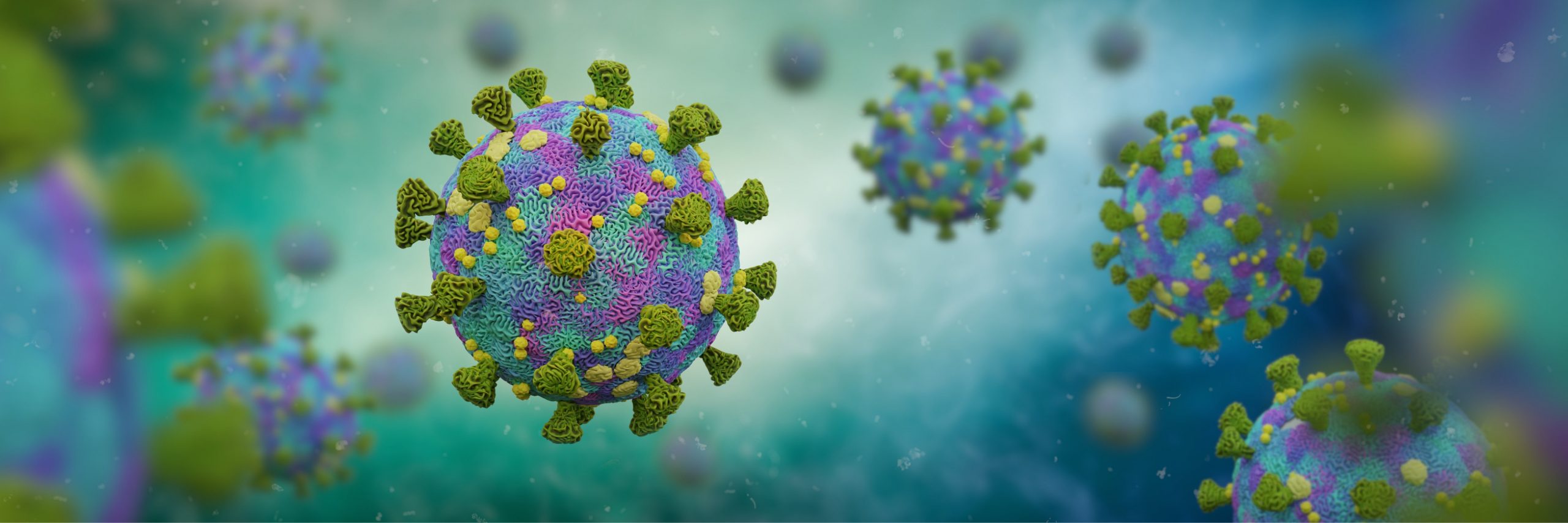COVID-19 and Protein Production
While the word coronavirus may be unique among most populations, the word is relatively common in animal agriculture. COVID-19 is a novel virus and the newest addition to a large family of viruses. Some coronaviruses only infect animals, some can cause cold-like symptoms in humans, and others can sicken both animals and humans. Two recent examples of coronaviruses passed to humans are the SARS and MERS; however, neither were that prolific in the transmission between people like the COVID-19 appears to be.
But can the COVID-19 pass back to animals? According to Scott Kenney, a researcher at The Ohio State University College of Food, Agriculture, and Environmental Sciences, there is no hard evidence that the virus has passed back to animals. But if it were to happen, the most likely species are pigs.
Pigs can contract up to six different types of pig coronaviruses, with pigs and humans being the most likely to be infected by the largest number of different coronaviruses outside of bats. A similar protein between humans and pigs is what allows the SARS virus, close coronavirus kin to COVID-19, to infect humans. Studies show it may work in pigs as well.
So far, there is little research on the likelihood of the COVID-19 passing back and forth between people and animals (pets included), mainly because not much is known about COVID-19, and it may be months before researchers know enough. And since the COVID-19 virus is so new, understanding its impact on humans will likely take precedence over research on animals. All research is continuing to evolve.
Still, it is always a good practice to wash your hands before and after touching animals and be cautious about the spread of COVID-19 and other more well-known coronaviruses. If you consider how much time farmers spend with their livestock, including those with coronavirus, it is important to remember that this exposure does not provide immunity to this particular strain of coronavirus (COVID-19).
Remember, too, to keep facilities and equipment clean. It is still not known how long COVID-19 lives on various surfaces. If you are considering a new building, then plan ahead and work with professionals at Summit Livestock to design a building that is easy to clean and harder for a virus to take hold.
UPDATE: Following a tiger at the Bronx Zoo in New York City being tested positively for COVID-19, USDA is recommending to restrict contact with animals when you (or the animal) are sick. There is still no scientific evidence that the virus can be passed back and forth between humans and animals; however public officials believe these large cats became sick after being exposed to a zoo employee who is actively shedding the virus. A veterinarian lab tested the tiger.


